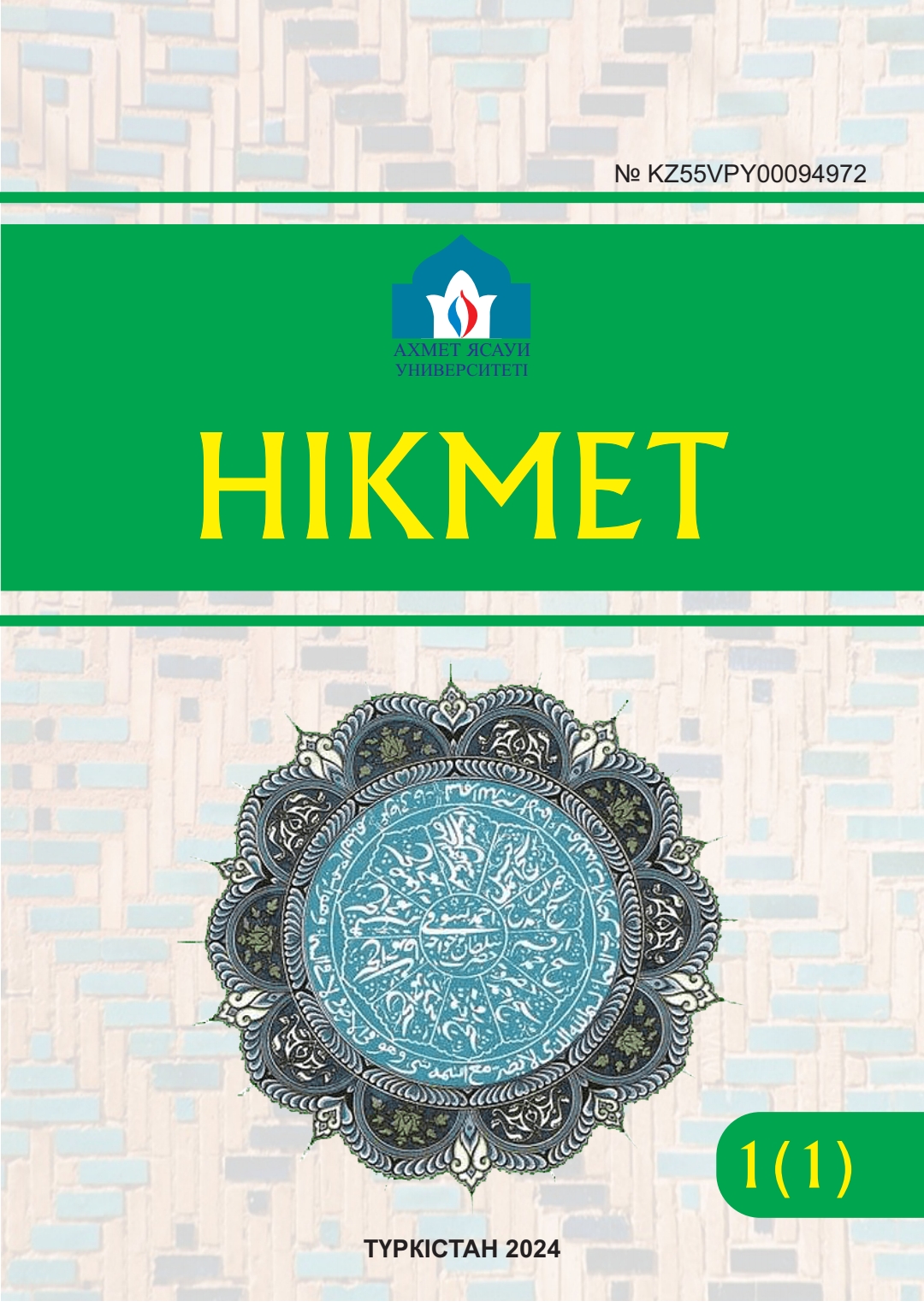The views of Islamic sociologist Ibn Khaldun on Sufism
253 188
Keywords:
asabiya, umran, bedouin, hadarism, sufism.Abstract
Ibn Khaldun is an important historical philosopher and social historian trained in
medieval Islamic thought. Ibn Khaldun, who tried to explain historical facts in interaction with
various reasons through the science he called Umran, tried to analyze the reasons for the rise and
fall of states by understanding history based on empirical data in his work "Muqaddimah".
Ibn Khaldun defended the nomadic lifestyle in his social analyses. Like J. Rousseau's idea
that urban life destroys the good character of man, Ibn Khaldun prioritized Bedouin life against
urban life. According to him, Bedouin societies are very angry: courageous, physically strong,
value kinship ties. City life destroys a person's good character, reduces courage and strength.
According to Ibn Khaldun, who conducted the same analysis in the field of Sufism, the companions
of the first period, and the religious life in the later period as well, were focused on sincerity and
abstinence from worldly problems. Over time, worldliness increased and luxury and extravagance
replaced the core values. Although Sufism was an experience for Muslims in the early period,
nowadays it has become a science with its own terminology. It has its own unique social
experience, institutions and social functions.

